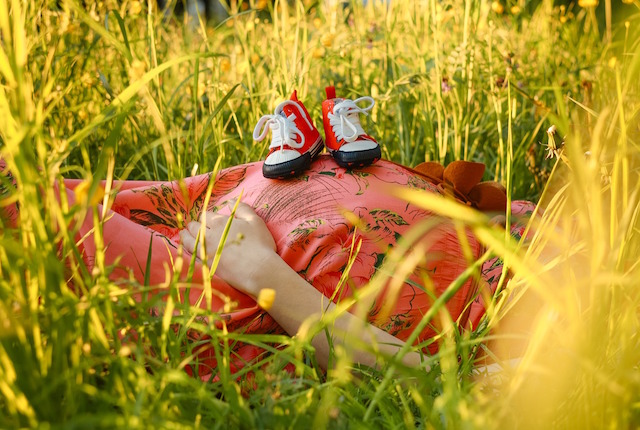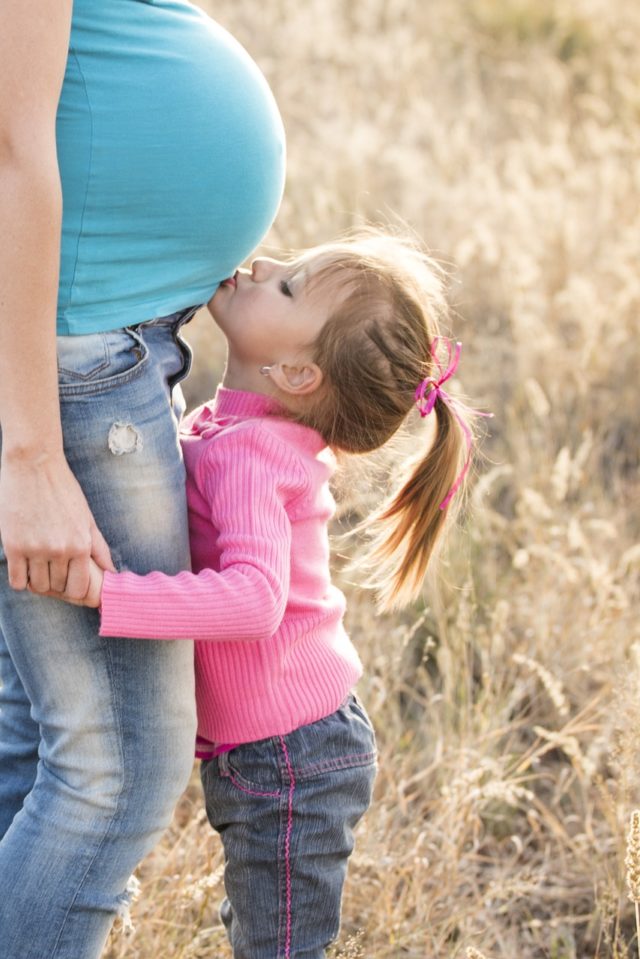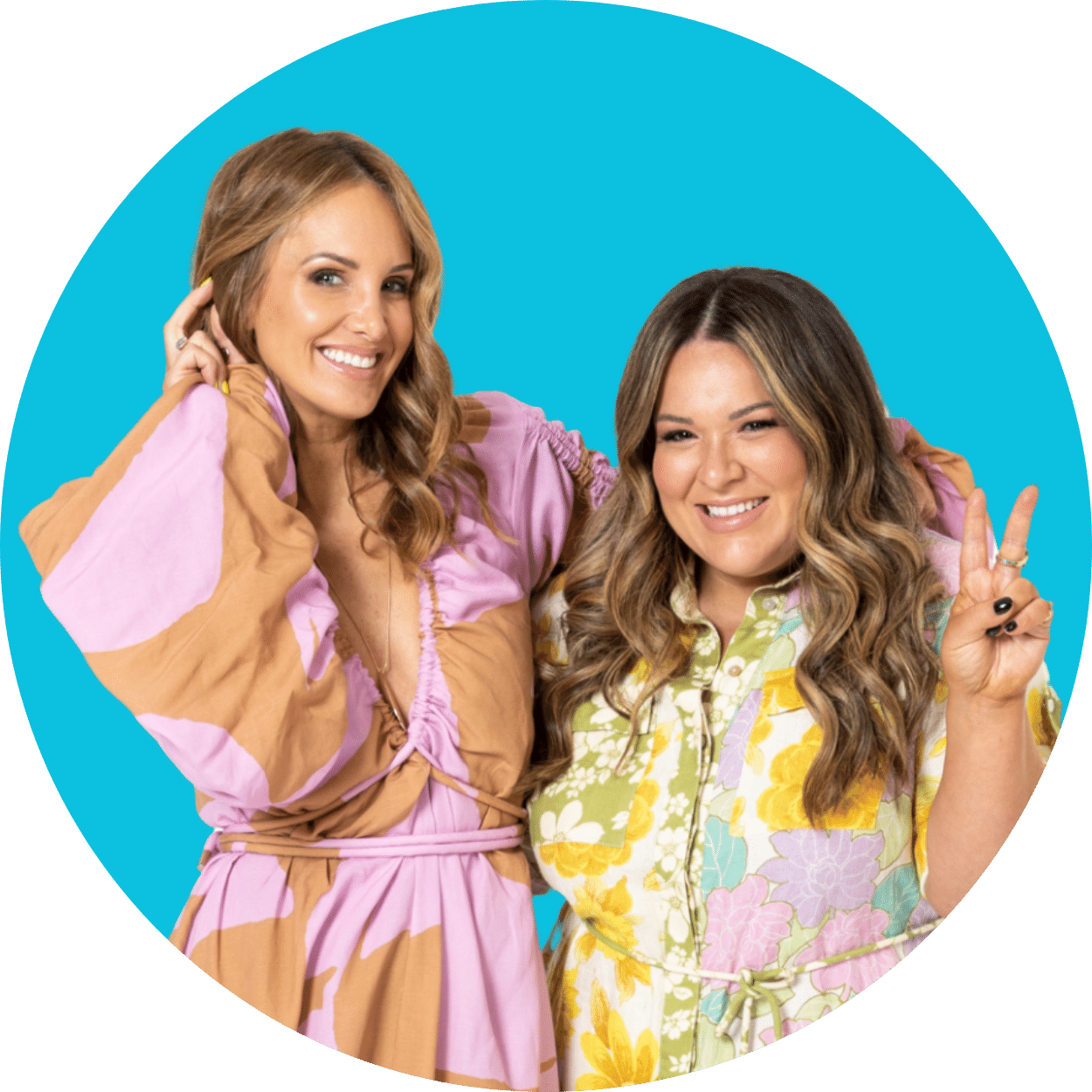By Dr Sally Reid :: Fertility SA
During recent TV episodes of Adelady, we talked about age being such an important factor when considering a woman’s fertility. Twenty years ago, women gave birth at an average age of 25 – but over time and for many reasons – this has changed quite dramatically. The current age for a ‘first time mum’ is now over 30. Compared to our mother’s generation, there are now more career, study and travel opportunities and of course, we may not meet the right partner until it’s getting too late!
One of the biggest issues we face as a fertility clinic is the misconception that fitness equals fertility. Forty year old women often look and feel great and the media regularly reports that “40 is the new 30!” This myth is perpetuated by celebrity pregnancies in the media. Almost daily, there is another story about a woman in her late 40’s having a baby (or babies!). The vast majority of women over 44 only conceive using donated eggs from another woman. As such details are not reported, many people are falsely reassured and they defer starting their families until the very end of their ‘reproductive life-span’.
Despite the huge advances in technology (particularly with IVF – in vitro fertilisation), unfortunately, our basic biology has not changed. Women are born with all the eggs we are ever going to have and as we discussed on the show, they reduce in number every year. Egg quality also starts to reduce around the age of 32 and then more rapidly after 35. By 40, it’s quite difficult to have a baby using your own eggs and there is a higher risk of pregnancy complications as well.
Increasingly, this important health message is getting out there and women are making appointments to see their doctors to talk about options to preserve their fertility. Options include planning to have a baby without a partner (through the use of donor sperm), or more commonly, freezing eggs for when the right partner does finally come along. The decision to use fertility preservation treatment, or to create a family without a partner is a complex one, and no good fertility clinic will embark on treatment lightly. The options we provide the most counselling about at Fertility SA are:
:: Egg (Oocyte) Freezing
Egg freezing has been in the news a lot lately with some American companies choosing to pay for this as an employee ‘perk’, so that women can start their families when their careers are under control! Whilst this policy is debatable, the science of egg freezing does give women greater reproductive choices. We have access to this amazing technology, which previous generations could only have dreamt of.
Egg freezing is now performed using vitrification, which is a state-of-the-art freezing technique that minimises damage to eggs, and gives the best chance of pregnancy. Current research shows that children born from this technology are as healthy as their peers and that success rates are highest when women freeze their eggs as early as they can – ideally before 38 years of age.
Women who risk losing the opportunity to conceive using their own eggs – such as before or after cancer treatment or women with low ovarian reserve (low egg numbers) – may wish to have a number of their eggs collected via a day-surgical procedure and then frozen. Women with partners can also choose to create embryos for future use.
Most single women choose to freeze eggs not because they hope to solo parent, but so when they do meet their life partner at the age of 43(!), they have the best chance to have a child, or children, using their own eggs. Egg freezing is not a decision to take lightly however and thorough, individualised counselling is necessary to discuss success rates, risks and benefits.
If egg freezing is medically indicated (for example because of cancer treatment or imminent premature menopause), there may be a Medicare rebate, which results in costs similar to a regular IVF cycle.
:: Donor Sperm
Most fertility clinics offer two options – known and clinic-supplied donor sperm. All donors are screened for infectious and other illnesses, which means that using sperm through a fertility clinic is the safest option from a medical point of view (and also from a legal perspective!)
- Known donors are often a family member or close friend and provide sperm for the recipient’s use exclusively.
- Clinic supplied donor sperm is used by those women who don’t have, or want, a donor who is known to them. There is a shortage of Australian sperm donors and so Fertility SA, for example, currently sources sperm donors from America.
The decision to use donated sperm, or to become a donor is a complex one, with lifelong implications. Extensive counselling is undertaken to make sure that everyone involved understands his or her rights and responsibilities. One of the most important things is that the donor-conceived child has the right to certain information about their donor at the age of 16, although openness from the very beginning is championed.
As we discussed on the show, the current difficulty – and our doctors have lobbied for changes to this law – is that women in South Australia are not able to access donor sperm or eggs, without a medical diagnosis of infertility. A single woman in Sydney or Melbourne who is ready to parent (and able to support that family) can see a fertility specialist and become pregnant safely – through insemination or IVF. An Adelady in the same position would need to be diagnosed with, for example, endometriosis or polycystic ovarian syndrome to access treatment in the same way. That doesn’t seem fair to me and we hope this will be changed soon.
:: Donor eggs
A woman may decide to use donated eggs if her own eggs fail to fertilise or create embryos during fertility treatment. Other reasons include ovarian failure, due to chemotherapy treatment for cancer or serious illnesses, or due to premature ovarian insufficiency or premature menopause – which sadly affects approximately 1% of women less than 40.
Egg donation is also one option for women who have a high chance of passing on a serious genetic condition to their children. In some situations, egg donation may be the best way to have a healthy baby.
It is important to realise that it’s illegal in Australia to receive payment for human tissue, which includes donated eggs, sperm and embryos. Reasonable expenses, such as travel, hospital and medication costs, are covered by the recipient.
Donating eggs, sperm or embryos to another couple is an incredible gift. It happens more often than we realise as a community, but we do have a different system to some other countries. As donors in Australia can’t be paid, donation has to be altruistic (a complete gift), so it can be difficult to find a donor.
Finally, any of these fertility options can be life changing, but it is very important to fully understand what is involved and the likelihood of success. If any of these issues are on your radar, don’t be afraid to see your GP, or ask for a referral to a fertility clinic and make sure you ask every question you have! As people have been saying for centuries – knowledge is power. I would add that when it comes to your fertility – timely knowledge is power!
Dr Sally
Connect with Fertility SA online










